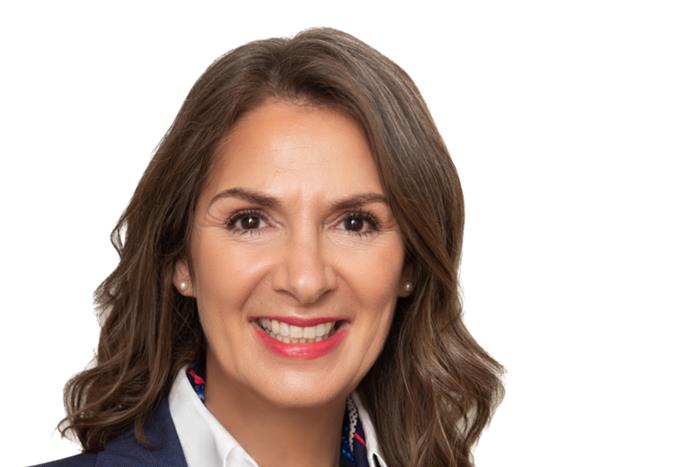The US backlash against ESG and the toxic debate that comes with it is “worrying,” says Helle Bank Jørgensen (pictured), one of the world’s foremost experts on governance and ESG. But she believes existing work will carry the business community through.
“There’s no doubt there’s momentum,” says Bank Jørgensen. “I have not heard of any companies that, behind the scenes, are not continuing to work [on ESG] because they know they need to.”
The view will come as a relief to many worried that the current clash—which sees Republicans squaring off against Democrats over the use ESG principles—could derail efforts to tackle climate change. In spite of the noise, many companies have put their heads down and reduced public discussion of ESG topics. But, Bank Jørgensen insists, they are doing the work, in spite of the political debate.
She makes the comments while discussing her 2022 book, Stewards of the Future, and only a week after BlackRock chief executive Larry Fink said he would no longer use the term ESG because it had become “weaponised” in the roiling heat of US politics.
Stewards of the Future argues that ESG topics—climate change, diversity and human rights etc.—have become the biggest issues for corporate governance in the 21st century and boards must be more active in confronting their implications for companies.
Bank Jørgensen uses the “seventh generation principle”: a Native American philosophy stating “that the decisions we make today should keep the world in a sustainable state seven generations from now” as a guiding star for board directors and the way they determine their purpose.
The book is full of advice about how to become a “steward of the future”—how board members define their purpose.
“To me,” she writes, “stewardship is about much more than taking care of the resources under a company’s ownership.
“It also requires directors to consider the impact that their actions (or lack of action) will have on the earth’s land, its water, its biodiversity and the health and safety of people ‘beyond the factory gate’.”
Voices of experience
The book is based on Bank Jørgensen’s 30 years’ experience in business, as well as on interviews with business leaders. Bank Jørgensen is CEO and founder of Competent Boards, a consultancy that teaches ESG skills to directors, but she is also a former member of the Nasdaq Centre for Board Excellence, a member of the WEF’s expert network for corporate governance and a former member of the then Prince of Wales’ expert panel on accounting for sustainability.
She was at PwC for 19 years, where she rose to become partner and leader of sustainability advisory in the US.
Bank Jørgensen is puzzled by the way ESG has become such a toxic issue in the US. After all, it is simply an “analytical framework of identifying what our risks and opportunities are and how well prepared” a business may be for them.
Despite the politics, ESG has not been abandoned. Far from it, Bank Jørgensen says. Indeed, European companies are moving production to the US because of the Inflation Reduction Act 2022, which aims to promote clean energy and sustainability. Even red (Republican) states are engaged in clean energy projects, she says. “You have the rhetoric, and you have what’s really happening out there,” she observes.
Still, her book did worry that boards questioned why ESG should be on their agendas. This, she says, has changed. The issue now is “translating it to strategy”. That’s because boards can wait no longer. Consumers, investors and regulators are putting them under pressure.
Get ready for regulation
In fact, boards are dealing with a “tsunami” of regulation—either already here or on the way—that puts the emphasis unmistakably on sustainability.
“The more you wait, the harder it’s going to be,” she says.
However, she does warn of the “greenwashing risk” that emerges as companies adjust and choose to depict their companies as sustainable based, sometimes, on a fraction of their commercial activity. This could be particularly tempting as corporates make “lifeboat” acquisitions to kick-start either sustainable innovation or movement to greener business models.
Boardroom skills are another issue. She says studies show that around 5% of board members have the right competencies to handle ESG issues. “We need to educate many many more and this is my mission,” she says.
That said, she remains optimistic that things are moving in the right direction. The pressures, as mentioned, are irresistible.
“At the end of the day, it’s the directors—not only hiring and firing CEOs, but also making informed decisions—that will make or break the company and its ability to survive long-term.”
“I have to be optimistic. That’s the reason why I do what I’m doing: to ensure that we have smart, informed directors that can be stewards of the future.”





